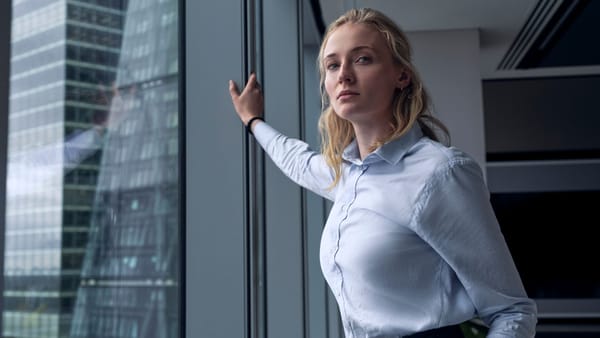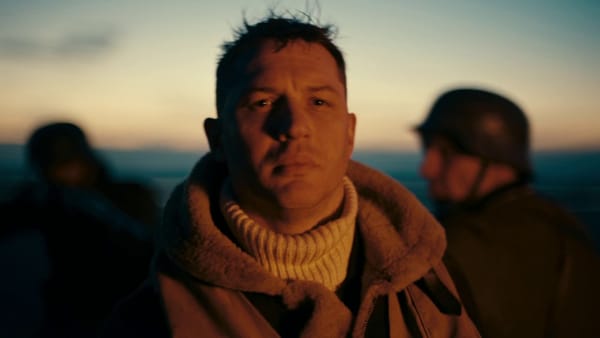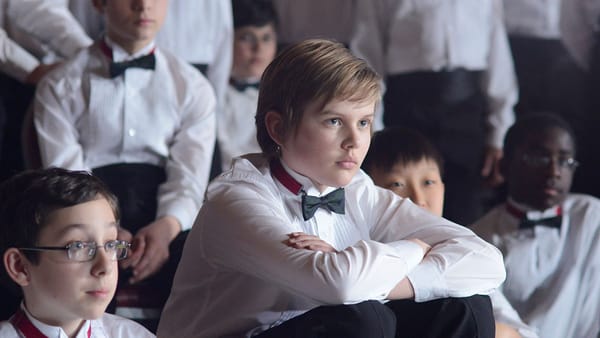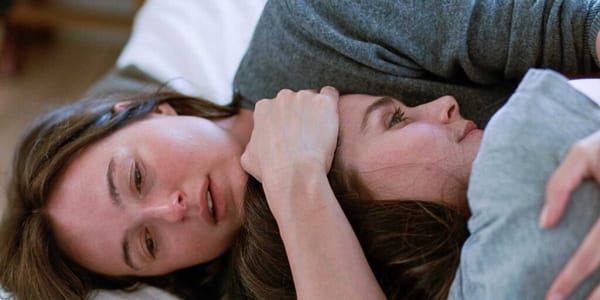Crime, couture, and characters who should be in therapy.
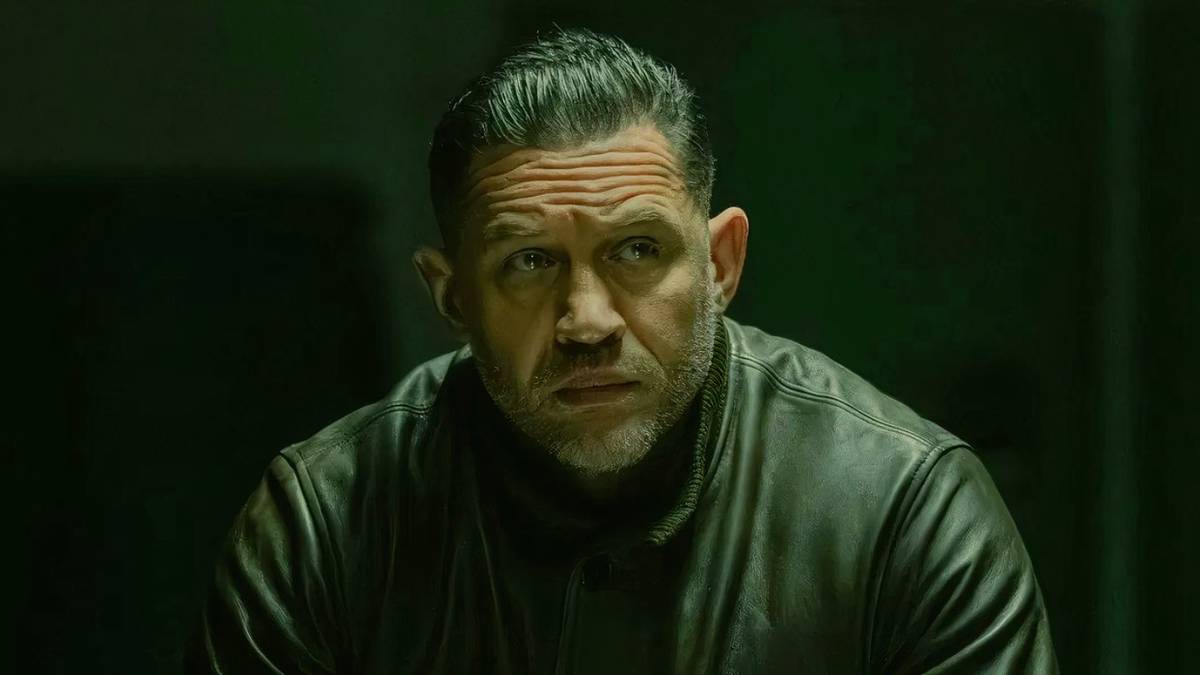
MOBLAND is the kind of crime series that walks into the room wearing a perfectly tailored suit, orders a whiskey neat, and refuses to admit it’s recycling the same stories its uncles told twenty years ago. And yet — you watch it anyway, because the swagger is irresistible. Ronan Bennett and Guy Ritchie give us a London underworld that’s more lacquered than gritty, more operatic than procedural, and loaded with enough star wattage to light up the Thames.
The crown jewel of this world is Tom Hardy as Harry Da Souza — the fixer who moves through chaos like he was born in the middle of it. Hardy plays him with quiet menace, the sort that doesn’t need volume to assert dominance. His stillness is the performance. The camera loves him, the scenes bend toward him, and the show is at its sharpest when he’s making decisions nobody wants to talk about at family dinners.
Opposite him are Pierce Brosnan and Helen Mirren as the Harrigans — crime royalty dressed in velvet, gold, and generational trauma. Brosnan plays Conrad like a man who knows legacy means everything and stability means nothing. Mirren’s Maeve is all ice and orchestration, a matriarch who communicates disappointment with the efficiency of a firing squad. Together, they build a world where power is etiquette and violence is logistics.
But MOBLAND occasionally lives and dies by its own decadence. When the show indulges in therapy sessions, legacy speeches, or political monologues, the narrative loses pressure. You feel the machine whirring instead of the story breathing. Some performances wobble under accents pushed a little too hard, and some plotlines lean on tropes sturdy enough to survive but too familiar to surprise.
And yet — when MOBLAND hits, it hits like a well-timed punch. The violence is crisp, the atmosphere rich, the tension almost intoxicating. There’s a confidence in the filmmaking that makes even its weaker scenes glide by on charm alone. The show knows exactly what it wants to be: stylish, muscular, and willing to bend reality just enough to make criminal enterprise look like prestige theatre.
What ultimately keeps MOBLAND afloat is the core trio: Hardy’s quiet storm, Brosnan’s aristocratic fragility, and Mirren’s cold precision. They bring gravity to a story that might otherwise float off into cliché. When they’re on screen, the series isn’t just good — it’s gripping. They elevate a familiar narrative into something that feels sharper, meaner, and surprisingly fun.
MOBLAND won’t rewrite the gangster genre, but it doesn’t have to. It knows the assignment: give us criminals who look like kings, fixers who behave like ghosts, and a city that hums like an empire built on old money and fresh blood. And on that front, it delivers. It’s stylish, confident, occasionally ridiculous, and undeniably watchable — a glossy crime opera with enough bite to leave a mark.
If you came for the swagger, the danger, and Tom Hardy smirking his way through moral catastrophe, you’ll be home.

